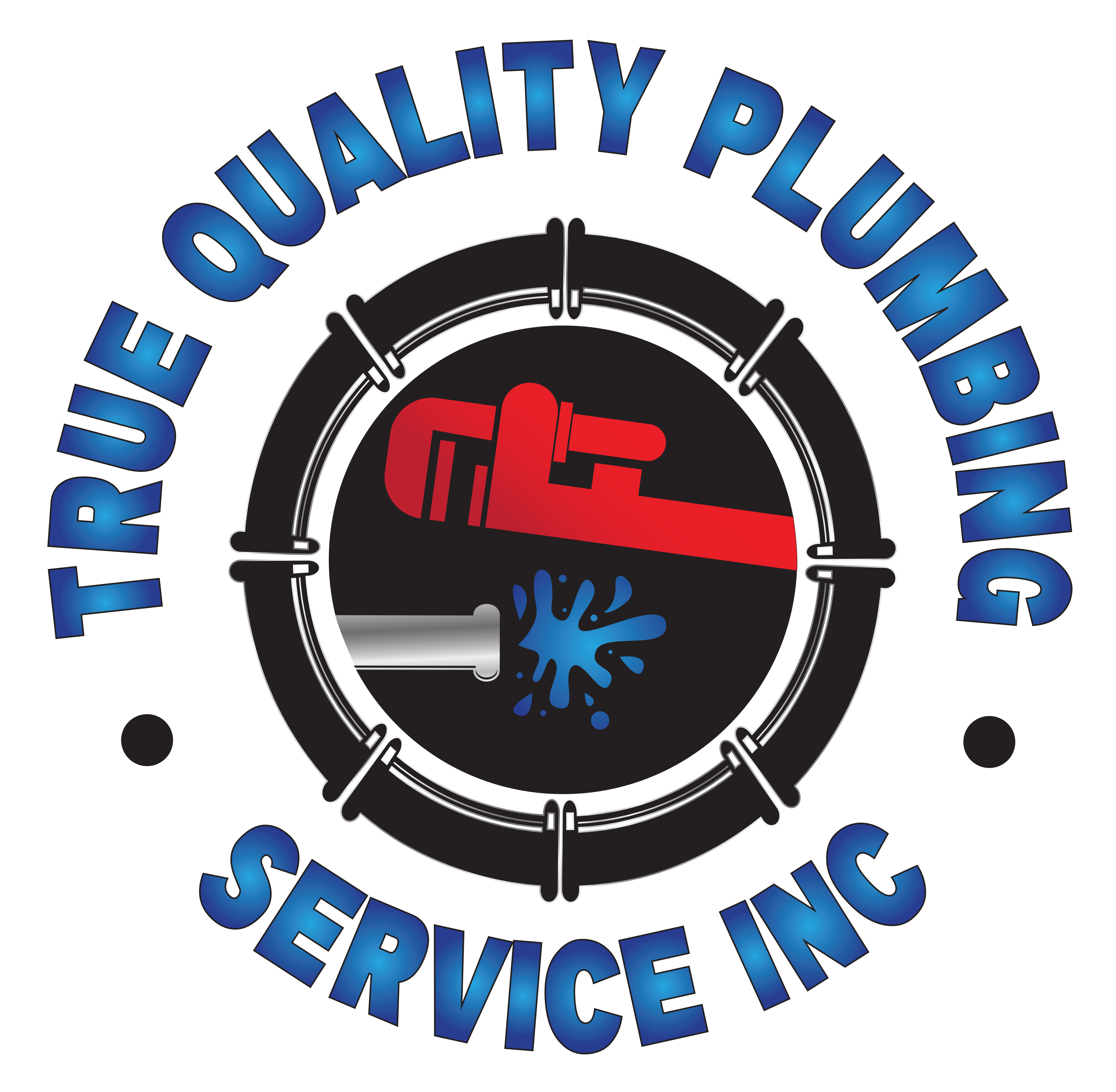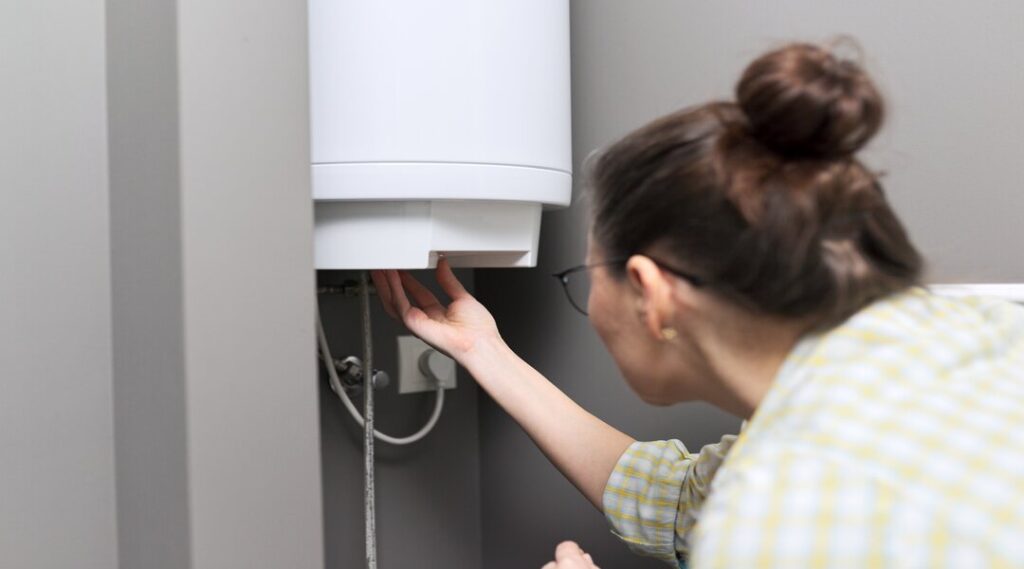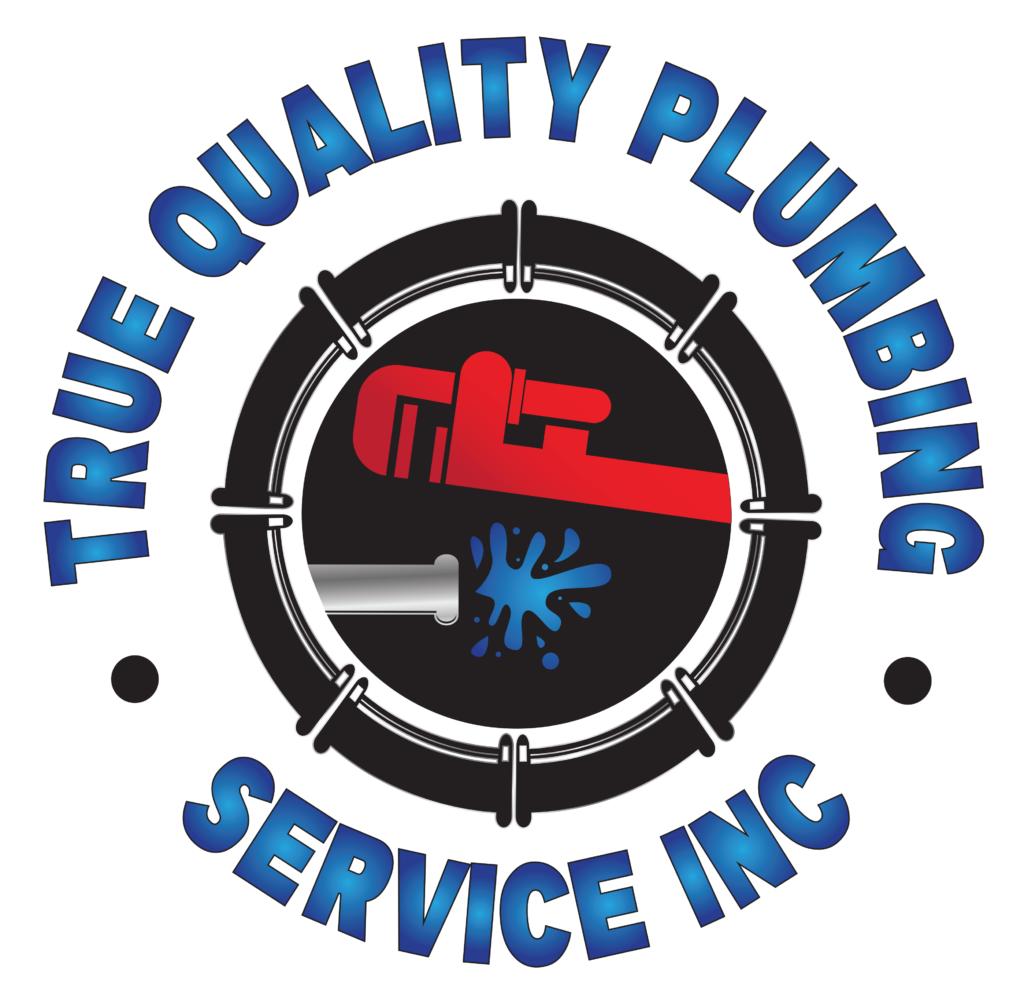You wake up to a puddle around your water heater, and fretting kicks in. A leaking water heater can stem from simple wear and tear or more complex issues.
Understanding where it originates, whether from loose valves, tank problems, or faulty connections, spares you from cold showers and costly damage. Addressing temperature-pressure woes also contributes to resolving this soggy mystery. Before diving into common sources that might reveal your heated comfort at home, let’s examine what could lead to these watery frustrations.
Identify Common Leak Sources
Leaks in your water heater can originate from several sources, and identifying them early is crucial to preventing costly damage. The age of your tank could be the culprit; as systems grow older, components degrade, leading to potential leaks. Another typical issue is with the drain valve at the bottom – it may become loose over time or no longer fully waterproof.
Excessive pressure inside the tank also triggers leaks when steam cannot escape properly; this occurs if water temperatures are set too high or inlet pressures are elevated. Furthermore, a faulty temperature and pressure relief valve might cause trouble by allowing internal forces to build up unchecked. If you notice signs of leaks around your unit’s base or fittings, consider seeking water heater repair.
Contact True Quality Plumbing for expert advice and solutions.
Troubleshoot Temperature and Pressure Issues
If your water heater shows signs of leaking, assess the temperature and pressure immediately. High temperatures can increase internal tank pressure, potentially leading to leaks, so check if the relief valve is functioning properly. If you find cracks around your tank, these may result from excessive stress on its structure.
Loose drain valves also contribute to leakage; ensure it’s securely fastened or call True Quality Plumbing for a replacement. Inconsistent heat during daily use often signals a compromised pressure relief valve requiring professional attention. To prevent further damage and potential safety hazards, shut off the heater and contact our team without delay.
Preventative Maintenance for Longevity
Regular maintenance is key to prolonging the life of your water heater. Start by draining the tank annually to clear out sediment that can cause leaks and inefficiency. Ensure all connections are snug; even a slightly loose fitting can lead to troublesome drips over time.
Keep an eye on the pressure gauge, staying within manufacturer guidelines, usually between 120 and 140 degrees Fahrenheit, to avoid unnecessary strain on your system. Consider insulating pipes, which help maintain consistent temperatures and reduce the chances of leak-inducing expansion or contraction cycles in plumbing systems. For any signs of wear or unusual symptoms, such as high pressure readings, consult professionals like those at True Quality Plumbing, who specialize in pinpointing issues early and preventing costly damage later on.
You’ve noticed your water heater is leaking. Don’t ignore it, as leaks can lead to damage or even mold. Common reasons include loose connections, tank issues, or a faulty pressure relief valve.
Regular maintenance may help catch these problems early on. True Quality Plumbing specializes in identifying and resolving such issues swiftly before they escalate into larger concerns for you at home. Trust their skilled team to address your water heater woes promptly with expertise that ensures peace of mind and hot showers whenever you want them!






